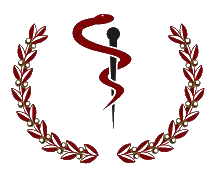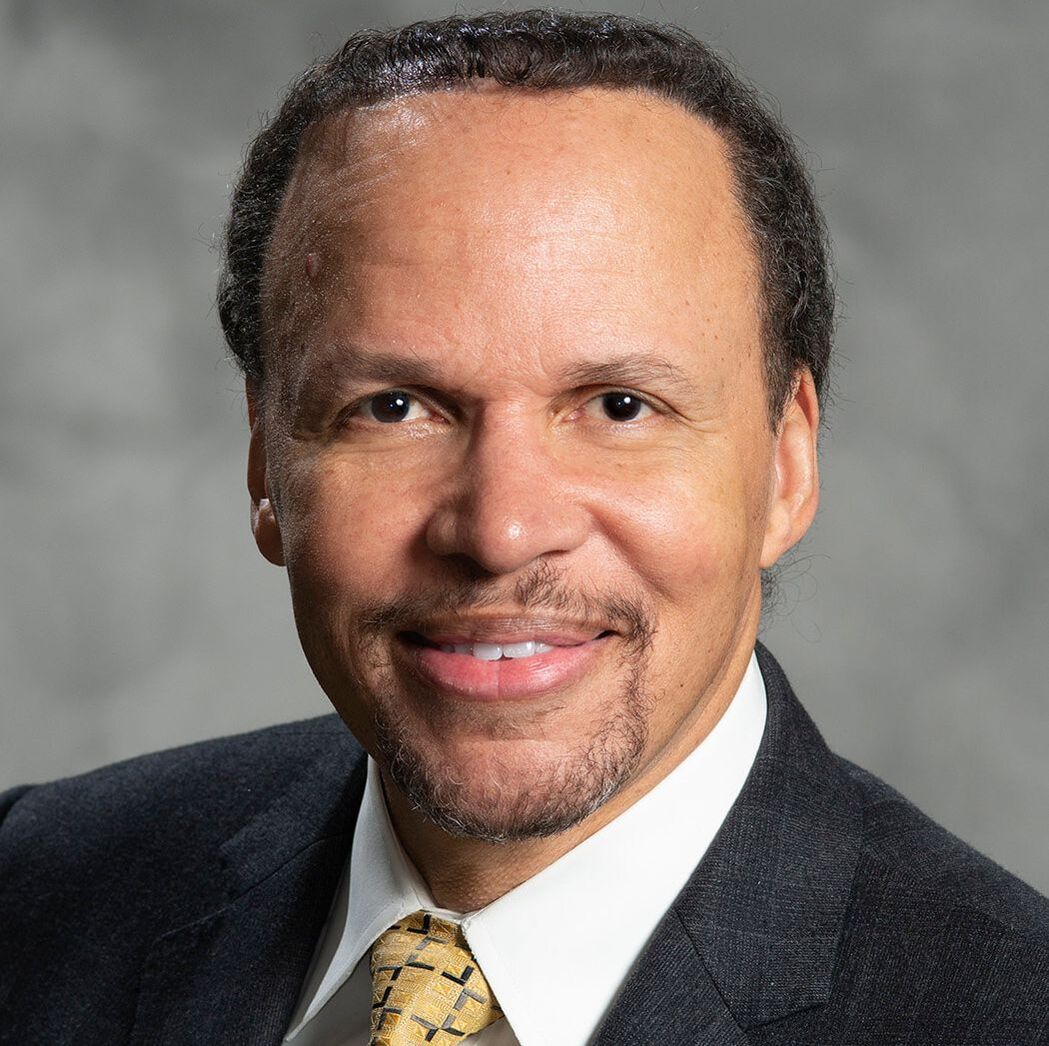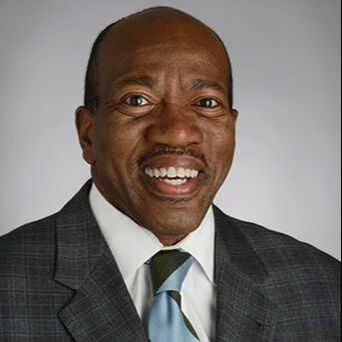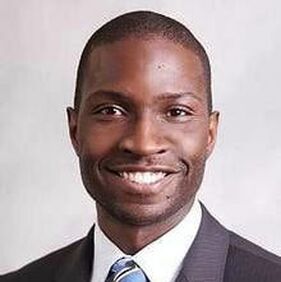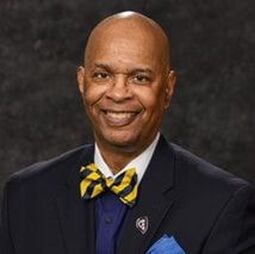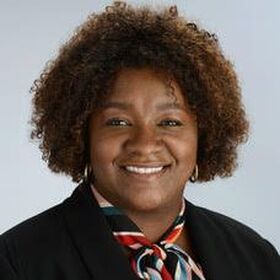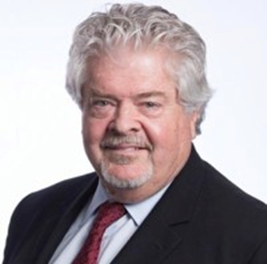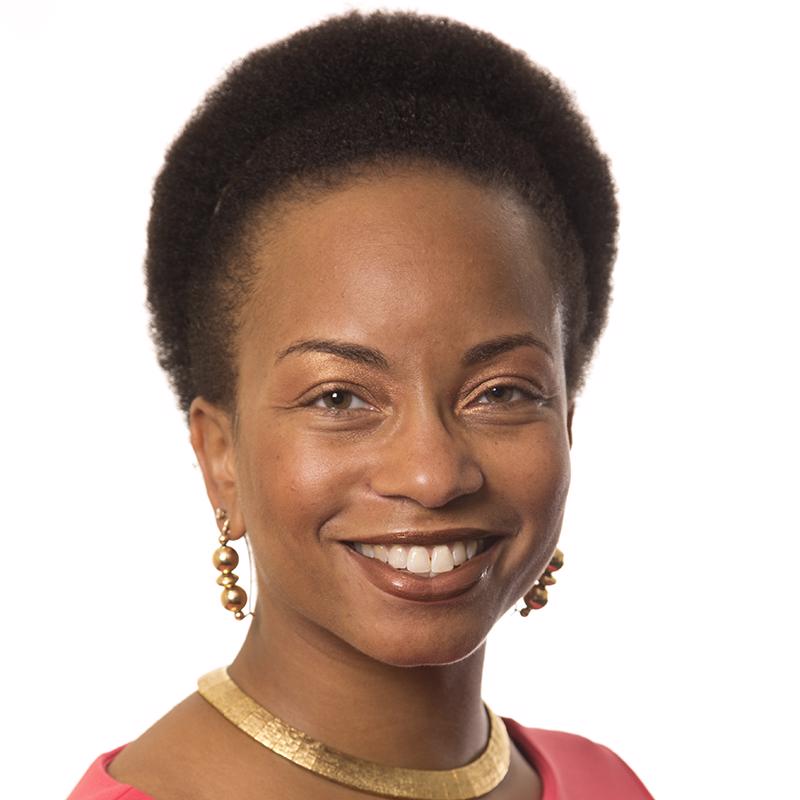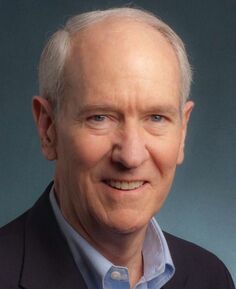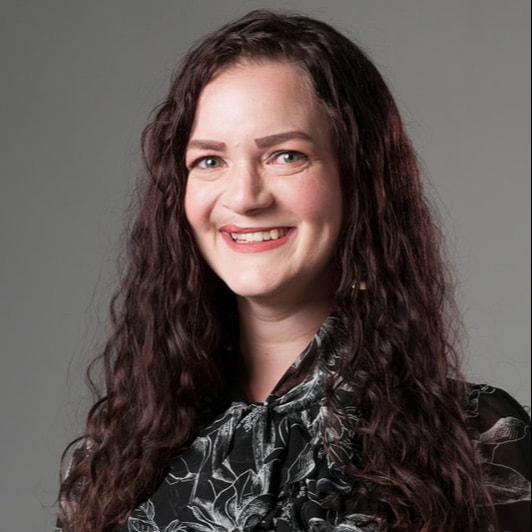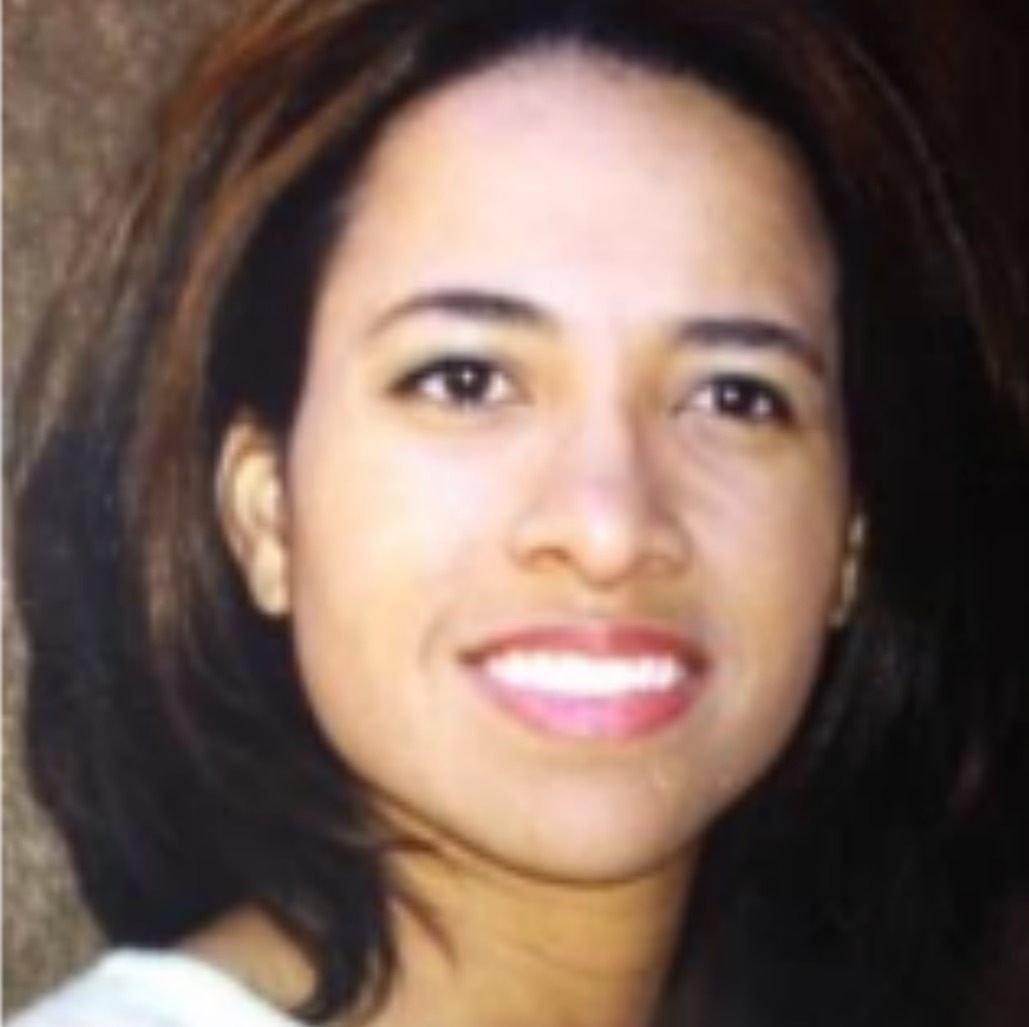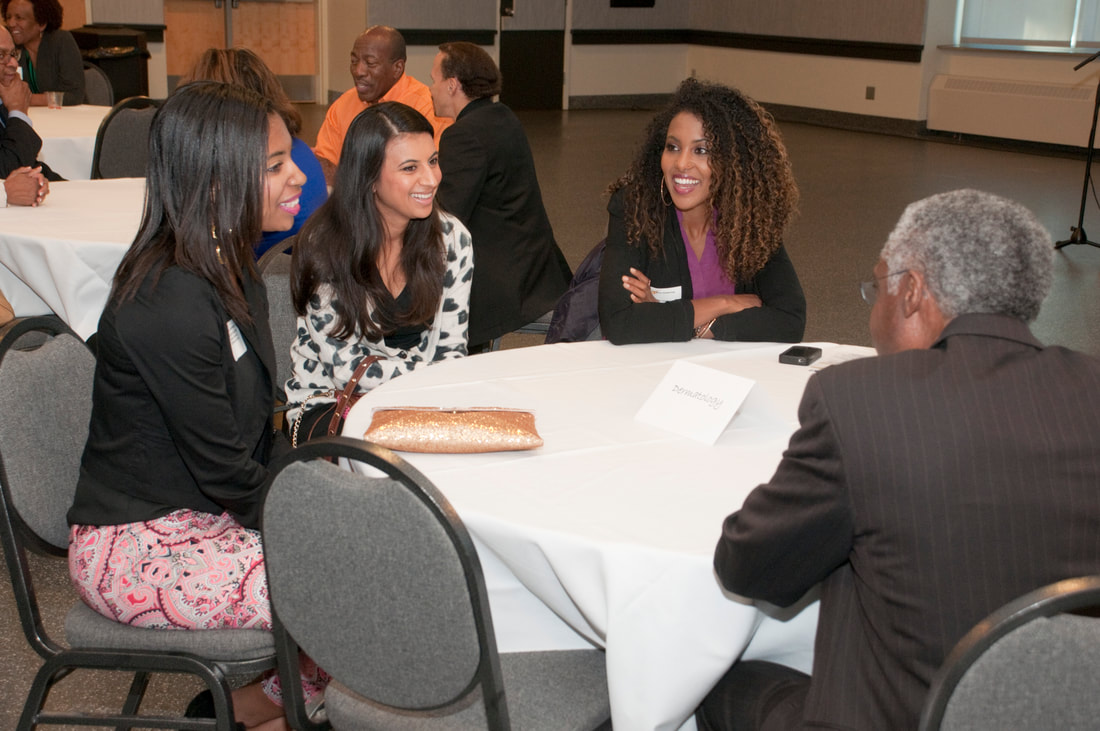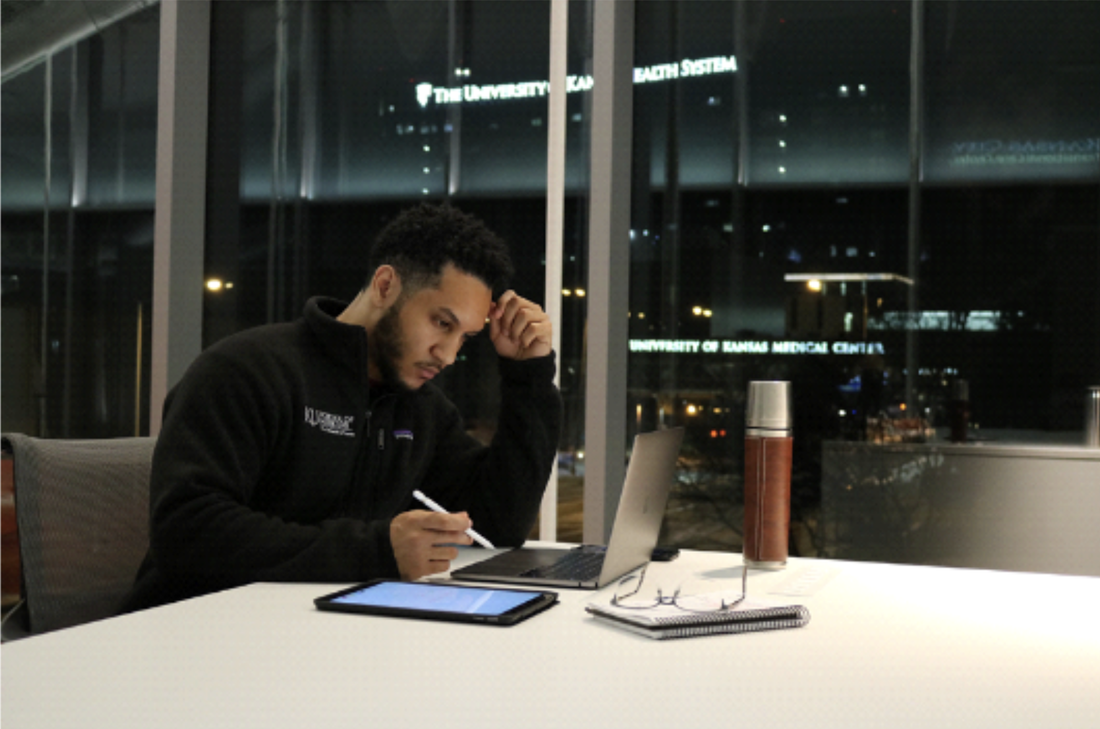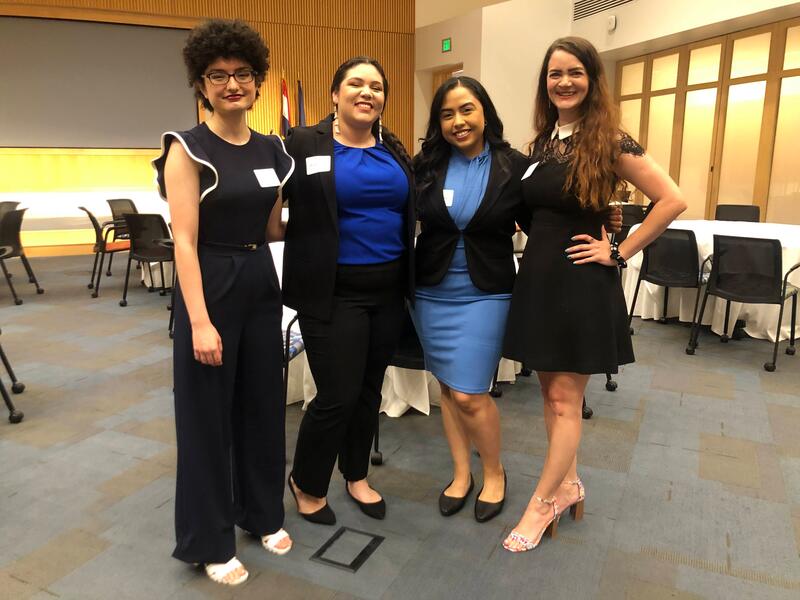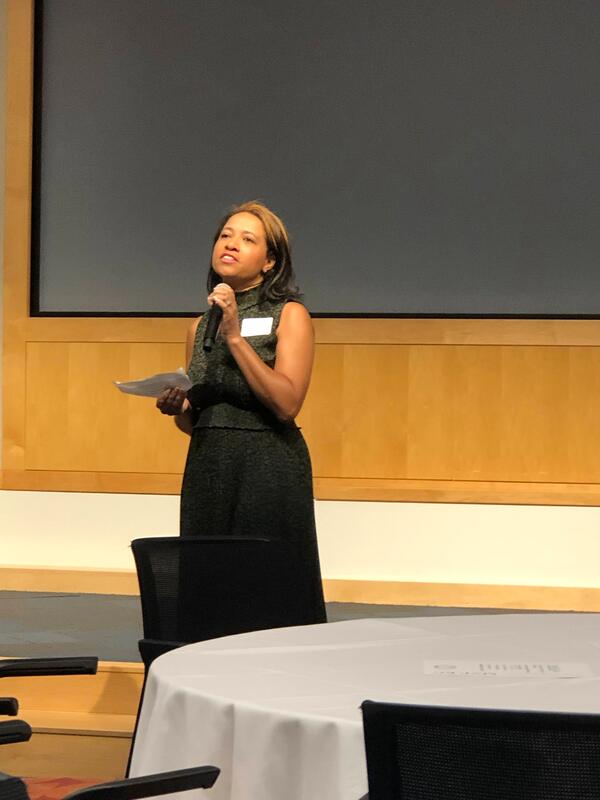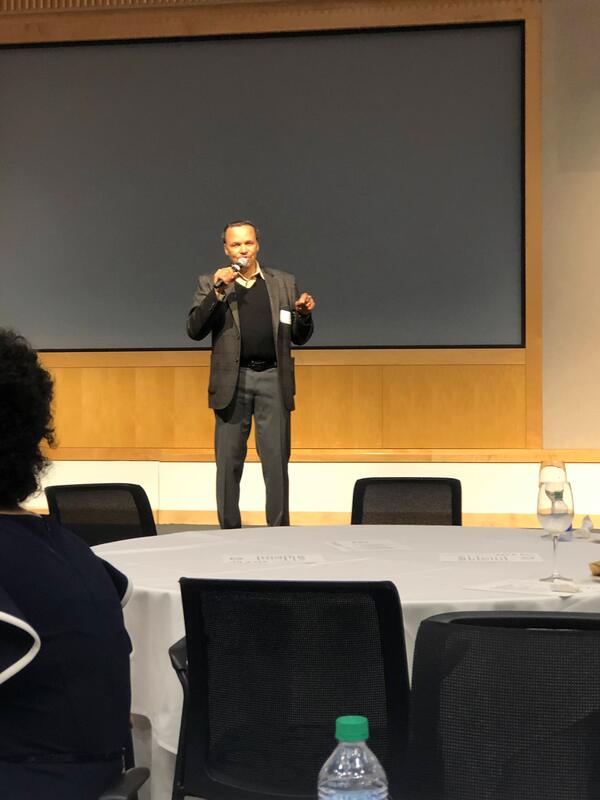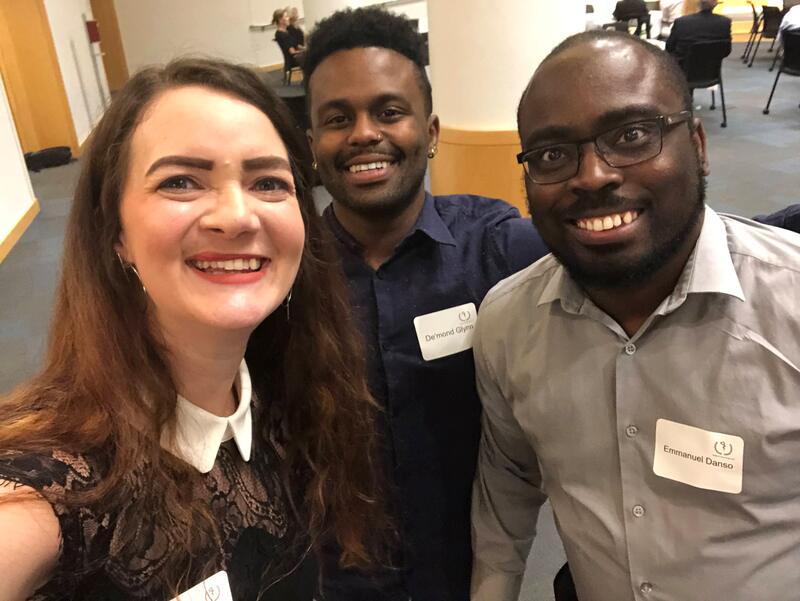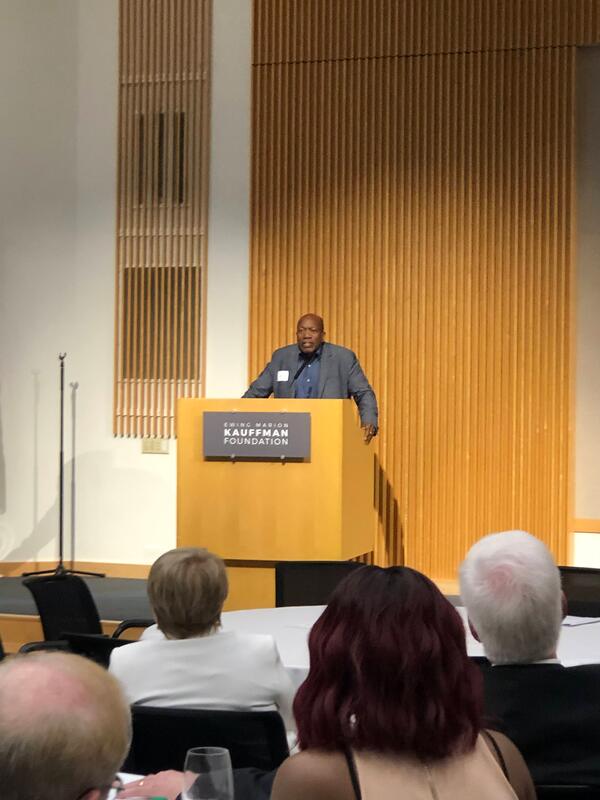Our Story
The work we do at Mission Vision Project (MVP) is built on a long history of unity and collaboration. Over the last fifteen years, many of my physician colleagues and I recognized the need to do more to support the pipeline of underrepresented minorities (URM) students successfully entering medicine in Kansas City. We remembered the challenges we faced as URM medical students, when there were few minority role models. We also recognized the value of student mentorship, and the important role that mentors and a community network have played in our professional successes. These beliefs, coupled with donors who understood the importance of supporting student success, helped us to develop a sustainable mentoring community for URM medical students that has seen years of success.
Each year, we hold a Critical Mass Gathering event (CMG) mentoring program in collaboration with the deans and diversity officers at the University of Missouri at Kansas City, University of Kansas, and Kansas City University schools of medicine, four area hospitals, community organizations, the Greater Kansas City chapter of the National Medical Association, practicing URM physicians in the metro KC area, and philanthropists. The CMG event supports URM students with mentorship programming that includes medical specialty selection, residency planning, financial guidance and board test preparation. After attending, students report an increased sense of belonging within the medical community, awareness of career opportunities in medicine, confidence to complete their course of study and enter residency.
MVP expands the CMG mentoring program to serve an even broader group of students. The expanded
program invites younger students, including those in K-12, to participate in mentoring programming, and feel a
sense of belonging in health and wellness professions that provide strength to our community.
Each year, we hold a Critical Mass Gathering event (CMG) mentoring program in collaboration with the deans and diversity officers at the University of Missouri at Kansas City, University of Kansas, and Kansas City University schools of medicine, four area hospitals, community organizations, the Greater Kansas City chapter of the National Medical Association, practicing URM physicians in the metro KC area, and philanthropists. The CMG event supports URM students with mentorship programming that includes medical specialty selection, residency planning, financial guidance and board test preparation. After attending, students report an increased sense of belonging within the medical community, awareness of career opportunities in medicine, confidence to complete their course of study and enter residency.
MVP expands the CMG mentoring program to serve an even broader group of students. The expanded
program invites younger students, including those in K-12, to participate in mentoring programming, and feel a
sense of belonging in health and wellness professions that provide strength to our community.
